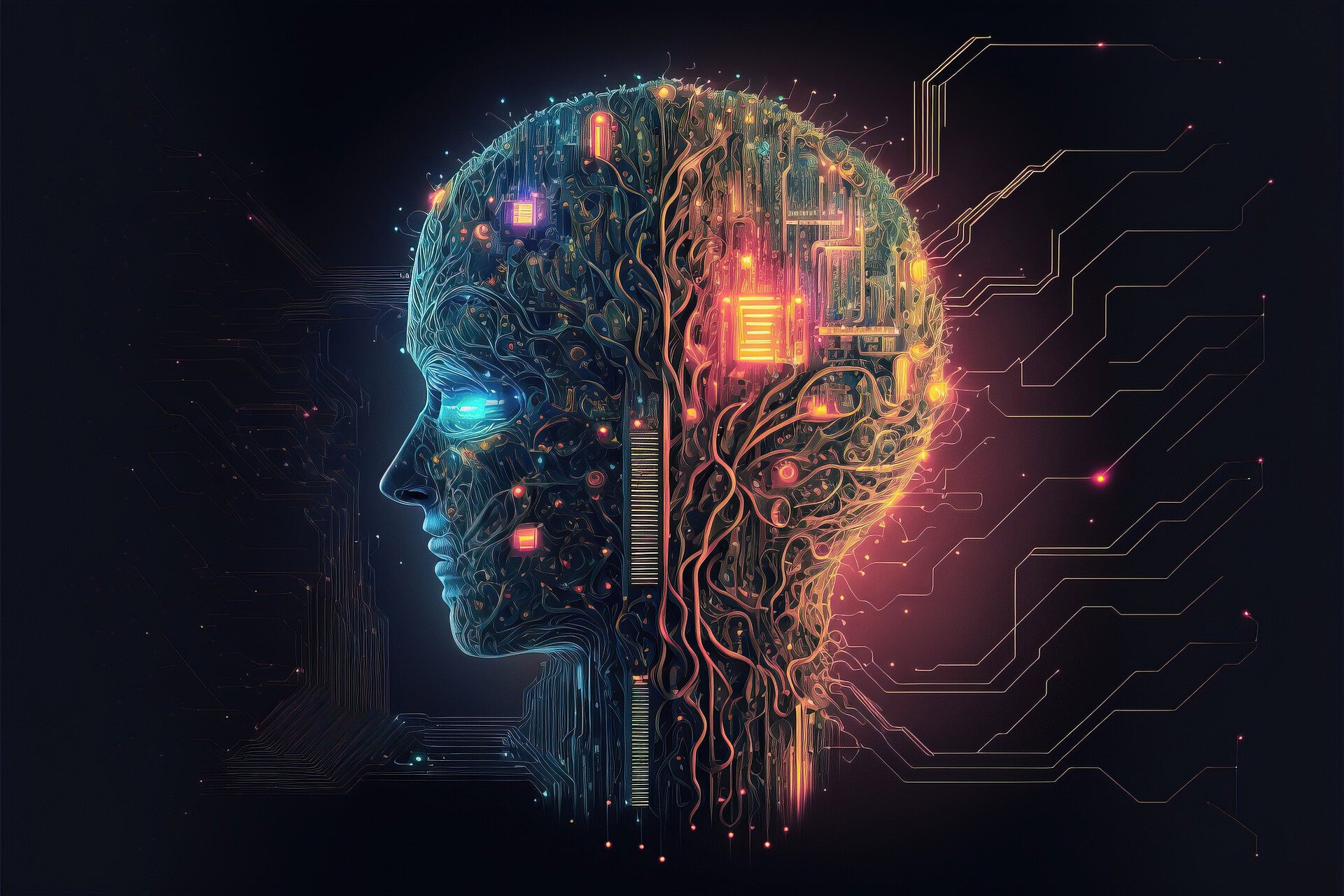

In today’s rapidly evolving technological ecosystem, Artificial Intelligence (AI) and other disruptive technologies are reshaping the software development industry. These advancements are not just influencing the way we build software but are fundamentally altering the entire software development lifecycle, from conception to deployment.
AI is at the forefront of automating repetitive and mundane tasks, allowing developers to focus on more complex and creative aspects of software development. From code generation to testing, AI-driven tools are streamlining processes, reducing errors, and accelerating project timelines. For instance, AI algorithms can now analyze existing codebases and suggest improvements or even write code snippets, making development faster and more efficient.
Traditional software testing methods often involve significant time and resources. However, AI has introduced intelligent testing tools that can predict potential bugs, perform automated regression testing, and even simulate user behavior to identify vulnerabilities. This not only improves the quality of the software but also speeds up the release cycle, enabling faster time-to-market.
AI-driven technologies like machine learning and natural language processing (NPL) are enabling the creation of highly personalized user experiences. By analyzing user data and behavior patterns, software applications can now offer tailored content, recommendations, and interactions. This level of personalization is becoming a key differentiator in today’s competitive market, enhancing user satisfaction and engagement.
Beyond AI, other disruptive technologies such as blockchain, the Internet of Things (IoT), and cloud computing are also transforming software development. Blockchain offers decentralized and secure systems, which are being integrated into various applications, from financial services to supply chain management. IoT is driving the development of connected devices and smart applications, while cloud computing provides scalable infrastructure, enabling companies to develop and deploy software without the constraints of physical hardware.
AI is also revolutionizing project management within software development. AI-powered tools can now predict project timelines, allocate resources more effectively, and identify potential risks before they become critical issues. This results in more efficient project execution, reduced costs, and improved overall project outcomes.
While AI and disruptive technologies bring numerous benefits, they also present challenges. Ensuring the ethical use of AI, addressing privacy concerns, and managing the potential for job displacement are critical issues that need to be carefully considered. Additionally, the rapid pace of technological change requires ongoing learning and adaptation from developers and organizations alike.
The integration of AI and other disruptive technologies is just the beginning. As these technologies continue to evolve, we can expect even greater innovations in software development. From AI-driven design tools to fully autonomous development environments, the future holds exciting possibilities for those who are ready to embrace these advancements.
AI and disruptive technologies are not just trends but are integral to the future of software development. By adopting and integrating these technologies, companies can enhance their development processes, deliver better products, and stay competitive in an ever-changing market. The key to success lies in understanding these technologies, harnessing their potential, and navigating the challenges they present.
———————————————————————————————————————————————————————-
This blog post offers an in-depth exploration of how AI and disruptive technologies are shaping modern software development. Get in touch for more infomation.
https://crestotech.com/the-role-of-ai-and-disruptive-technologies-in-modern-software-development/